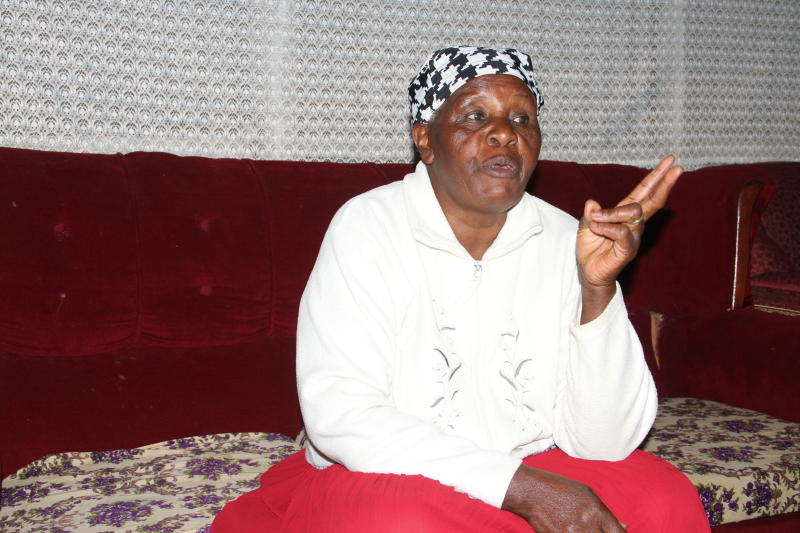×
The Standard e-Paper
Smart Minds Choose Us

When Jane Kuria was diagnosed with stage four colon cancer 15 years ago, she started looking for a photographer urgently.
She wanted to immortalise time – to freeze the special moments she thought she had left with her family.